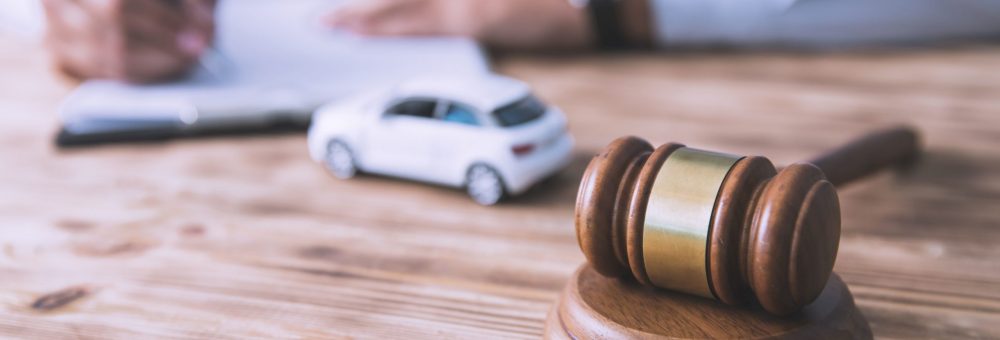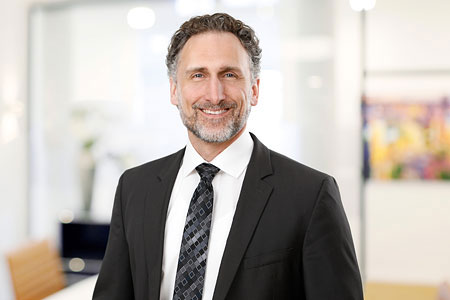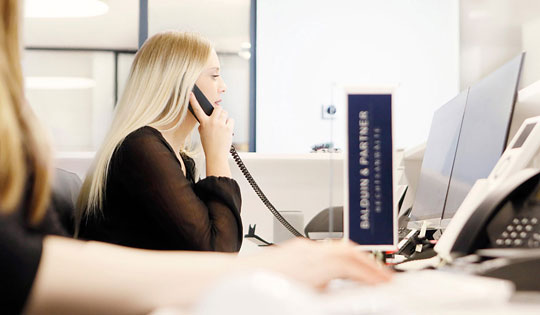
Have you been driving a car, bicycle or e-scooter under the influence of alcohol, drugs or medication and have been accused of committing a criminal offence?
Are you questioning when driving under the influence of alcohol and other drugs actually constitutes a criminal offence?
The main points:
According to Section 316 of the Criminal Code (StGB), a person is liable to prosecution if he or she drives a vehicle in traffic even though he or she is unable to drive it safely as a result of consuming alcohol or other intoxicating substances. This offence is called drunk driving.
So anyone who gets behind the wheel of a car, motorbike, bicycle or e-scooter and drives while intoxicated, stoned or otherwise intoxicated, not only risks a fine, but may be liable to prosecution.
The same applies if you participate in road traffic under the influence of intoxicating medication, regardless of whether the respective medication was prescribed to you or not.
Whether the drunk driving was committed intentionally, i.e. with the knowledge and intent of the offender, or negligently, is irrelevant for criminal liability. Driving while intoxicated through negligence can also be sanctioned under criminal law.


Rechtsanwalt
Fachanwalt für Arbeitsrecht
Rechtsanwalt für Verkehrsrecht
Partner
Do you have a question, would you like to make an appointment or use our telephone service? Get in touch with us now.
Drunk driving can be punished with a custodial sentence of up to one year or with a fine. The judge decides on this in each individual case.
The judge’s decision depends, among other things, on the degree of drunkenness or intoxication, whether the offender is a first-time or repeat offender, and whether other offences have been committed or personal injury or damage to property has occurred as a result of the drunk driving.
In addition, the offender faces further sanctions such as the revocation of the driving licence. This means that the driving licence is gone for the time being.
The driving licence can only be reinstated after six months at the earliest. In order to do so, the offender must pass a medical-psychological examination (MPU). In the worst case, the driving licence can be revoked for life.
Irrespective of the criminal assessment of driving under the influence of alcohol or drugs, driving under the influence of alcohol or drugs is usually an administrative offence that can be punished with fines, points in Flensburg and/or the revocation of the driving licence.
When is drink-driving a criminal offence?
In the case of drink-driving, there are guideline values that can be used to determine whether the driving constitutes a criminal offence or whether there is a so-called inability to drive. This is based on the blood alcohol concentration (BAC).
For example, a BAC of 1.1 per mille or more is considered absolutely unfit to drive. In this case, drunk driving is always a criminal offence. For cyclists, by the way, this only applies from a BAC of 1.6 per mille.
Caution: For e-scooters, the 1.1 per mille limit applies to motor vehicles.
Whether the person concerned was actually no longer able to drive a vehicle is no longer relevant for the basic criminal liability once the limit of absolute driving incapacity is exceeded. This means that this behaviour is always a criminal offence.
However, driving under the influence of alcohol can be a criminal offence even far below this value. If a BAC of between 0.3 and 1.09 per mille is accompanied by symptoms of impaired balance, emotional conspicuousness such as aggression or problems with articulation or sense of direction, it can be assumed that there is a relative inability to drive.
In order to determine the relative inability to drive, there must be concrete circumstances that prove this. Here, it is therefore a matter of a correct evaluation of the factual situation and good argumentation skills.
This also applies to the determination of whether the act was intentional. In particular, the level of the blood alcohol concentration (BAC) alone must not be taken as a basis in this regard.
In the case of an accusation of a criminal offence such as drunk driving, you should always consult a competent traffic lawyer. He or she will help you to ensure that the charge is dropped or the case is dropped.
If you are stopped by the police, there is one thing you should do above all: stay calm and admit nothing!
Because experience shows that attempts to justify your own behaviour in the vast majority of cases lead to greater difficulties.
In the case of drink-driving, the police may order a blood sample to be taken if they have a concrete suspicion of drunk driving. In this case, you must come with them to the police station and cooperate.
As a rule, however, you will first be offered to take a breathalyser test.
However, you must not be forced to take an alcohol test by blowing! This is voluntary.
Even if you arouse a certain amount of suspicion if you refuse the test, especially if there are further indications such as the smell of alcohol, you should refuse the alcohol test by blowing in any case.
This is because there is always a chance that the police will let you continue driving, as they are not allowed to carry out too many unsuccessful blood alcohol tests for cost reasons alone.
Remember: the presumption of innocence applies and you do not have to incriminate yourself. The breathalyser test is in no way intended to exonerate you, but only to incriminate you.
If you subsequently have to go along to the police station for a blood sample to be taken and you are charged with a criminal offence, you can defend yourself with the help of a competent specialist lawyer for traffic law.
In the case of drug driving, if you are caught with drugs in your blood or in your possession, you must go for drug screening. This also applies in the case of concrete signs of failure. However, such a screening may not be ordered at the slightest suspicion.
What to do in case of a charge?
If you are charged with drunk driving, you should always contact a competent traffic lawyer immediately.
In this case, too, it is best to remain silent and admit nothing.
Because the accusation of a criminal offence is a particularly serious matter, especially since high penalties as well as the lifelong revocation of your driving licence are threatening!
Recommendation from a criminal defence lawyer
In the case of criminal law problems due to alcohol, cannabis and other drugs behind the wheel, you are always strongly advised to contact a good traffic lawyer.
A traffic lawyer will help you to get the charge of drunk driving dropped or to get the case dropped.
Even if it is not possible in your case to get you out of criminal liability, the lawyer will take care to reduce the penalties and sanctions to the mildest.
We, the lawyers at Balduin & Partner who specialise in traffic law, draw on years of in-depth expertise in the field of criminal traffic law. We will support you in any allegations of traffic offences and achieve the best possible results for you.
Do not hesitate. Contact us – gladly by mail.

Do you have a question, would you like to make an appointment or use our telephone service? Get in touch with us now.
We are one of the leading law firms in the Rhine and Ruhr area in our fields of practice. Specialist attorneyships and years of litigation experience as well as state-of-the-art technical solutions guarantee that we achieve the best result for you. Nationwide.
Balduin & Partner Rechtsanwälte PartGmbB
Bahnstraße 4
45468 Mülheim an der Ruhr, Germany
Ph. +49 (0)208 3057550
Fax. +49 (0)208 30575511
kontakt@balduin-partner.de